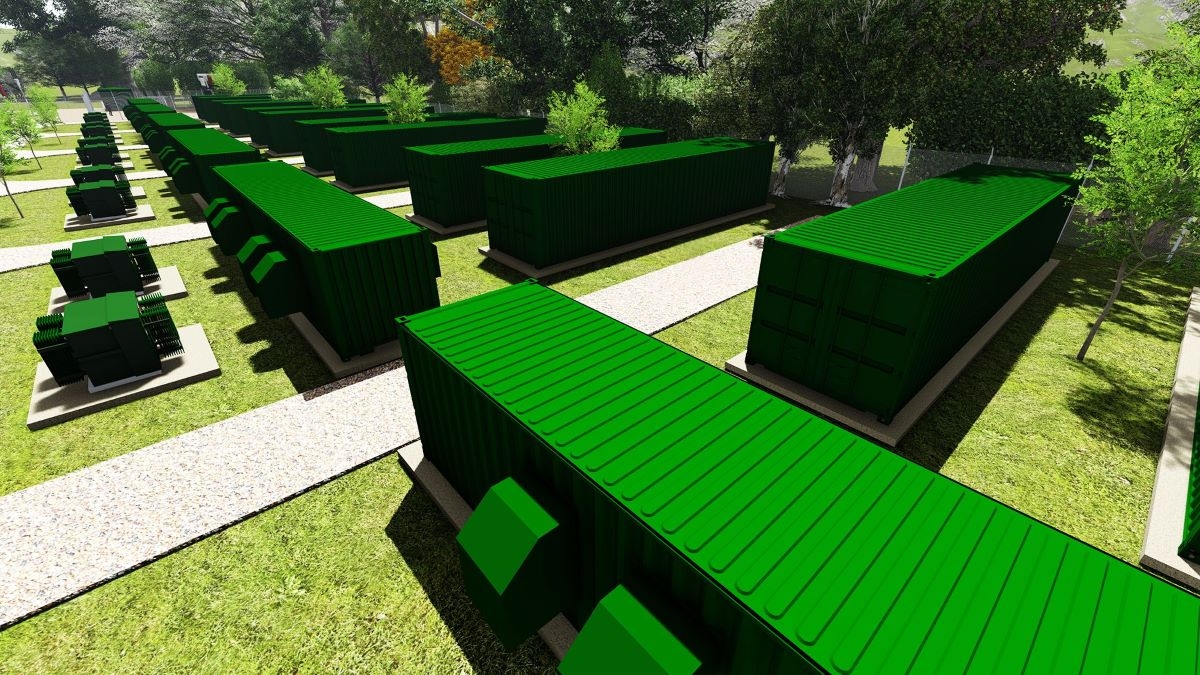Low Carbon secures two contracts in National Grid’s EFR tender
Low Carbon successfully secured two energy storage contracts in the National Grid’s recent Enhanced Frequency Response (EFR) tender process. The tender process which was held in July 2016 saw National Grid procured 200MW of enhanced frequency response.
EFR is a service that allows rapid (sub-second) response times to grid frequency or price signals resulting in potentially significant cost saving for National Grid. National Grid defines EFR as: a service that achieves 100% active power output at 1 second (or less) of registering a frequency deviation… EFR is a new service that is being developed to improve management of the system frequency pre-fault, i.e. to maintain the system frequency closer to 50Hz under normal operation.
Highlights of the recent EFR tender are:
- The National Grid has awarded eight significant energy storage contracts, as part of its inaugural Enhanced Frequency Response service tender
- Low Carbon, a leading renewable energy investor, is one of just seven businesses to be awarded tenders – and the only business to be awarded two contracts
- The two sites in Cleator, Cumbria and Glassenbury, Kent, will give the National Grid the ability to store 50 MW – greater capacity than any other provider named
- The two deals are worth a combined £15.35 million. Work is estimated to start on the projects from December 2017 in Cleator, and March 2017 in Glassenbury
Roy Bedlow, Chief Executive, at Low Carbon, said: “We’re absolutely thrilled to have been selected by the National Grid to deliver two significant energy storage projects in the UK. As a leading renewable energy investment company, operating a growing portfolio of more than 320MW of renewable assets, we are committed to making a positive and significant impact on the causes of climate change worldwide. We see energy storage as playing a crucial role in both the management of energy supply in the UK and in the wider uptake of renewable energy technologies nationwide in the future.
As the UK’s energy requirements continue to grow, energy storage has an essential role to play in ensuring that energy is always available where it is needed. As the energy industry moves away from carbon-heavy production, the twin-approach of renewable energy and storage will enable us to collectively combat the causes of climate change and achieve a global low-carbon future through carbon emissions reduction.”
END

